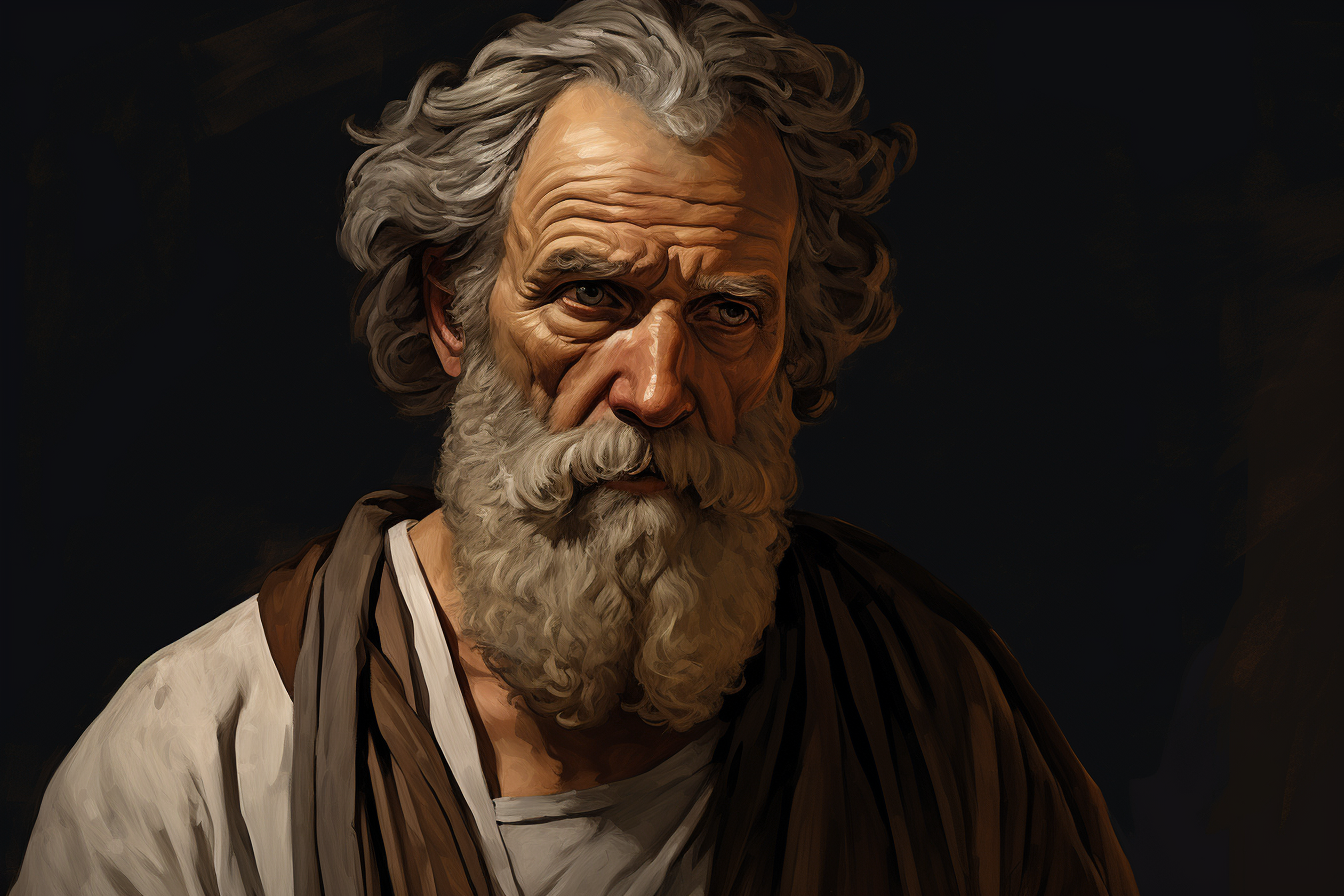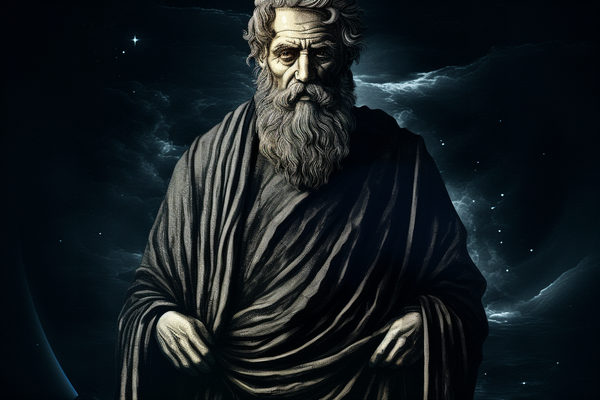Diogenes of Apollonia
The work of Diogenes of Apollonia, a 5th-century BCE philosopher from Apollonia, serves as a vital bridge between early Presocratic thought and later philosophical developments

Diogenes of Apollonia, son of Apollothemis, stands as a significant yet often overlooked philosopher of the 5th century BCE. Although contemporary records point to a period of unpopularity that almost led to his demise in Athens, Diogenes’ work in natural philosophy and cosmology has had a lasting impact. His theories bridge the gap between early Presocratic thought and the more complex philosophies that would follow.
Life and Historical Context
Diogenes was born to Apollothemis in Apollonia, a city on the Black Sea coast. While some sources suggest that he was a student of Anaximenes, it is clear that he lived during the time of Anaxagoras. His unpopularity in Athens was so severe that it almost led to his life being endangered, according to accounts by Demetrius of Phalerum.
Philosophical Contributions
Air as the Universal Element
Diogenes is renowned for his assertion that 'air' is the primary substance of the cosmos. This perspective was not entirely new, as it echoes the earlier views of Anaximenes. However, Diogenes took this a step further by attributing divine qualities to air, claiming that it possesses inherent intelligence and contributes to cosmic order.
Cosmological Principles
Diogenes held that there are an infinite number of worlds and an unlimited expanse of empty space. He believed that air, through processes of condensation and rarefaction, gave rise to these worlds. Adhering to principles of logical consistency, he maintained that nothing could come into existence from non-existence or vice versa.
The Earth's Characteristics
An interesting facet of Diogenes' cosmology was his view on the Earth. He posited that the Earth is spherical and remains stable at the centre of the cosmos. According to him, the Earth's structure is shaped by the dynamic interplay between heat, which causes rotation, and cold, which leads to solidification.
Methodological Approach
The opening lines of his treatise underscore his commitment to clarity and dignity in philosophical discourse. Diogenes believed that any discussion should begin with clear premises and proceed in a straightforward manner.





